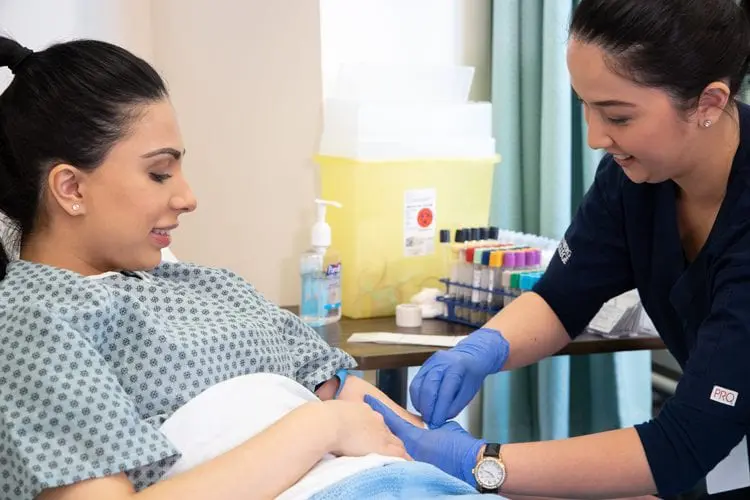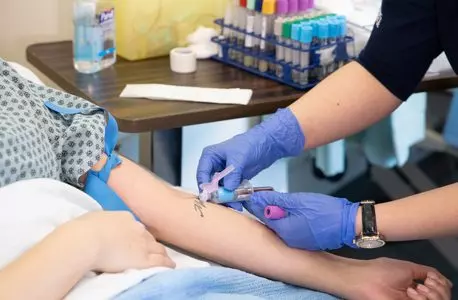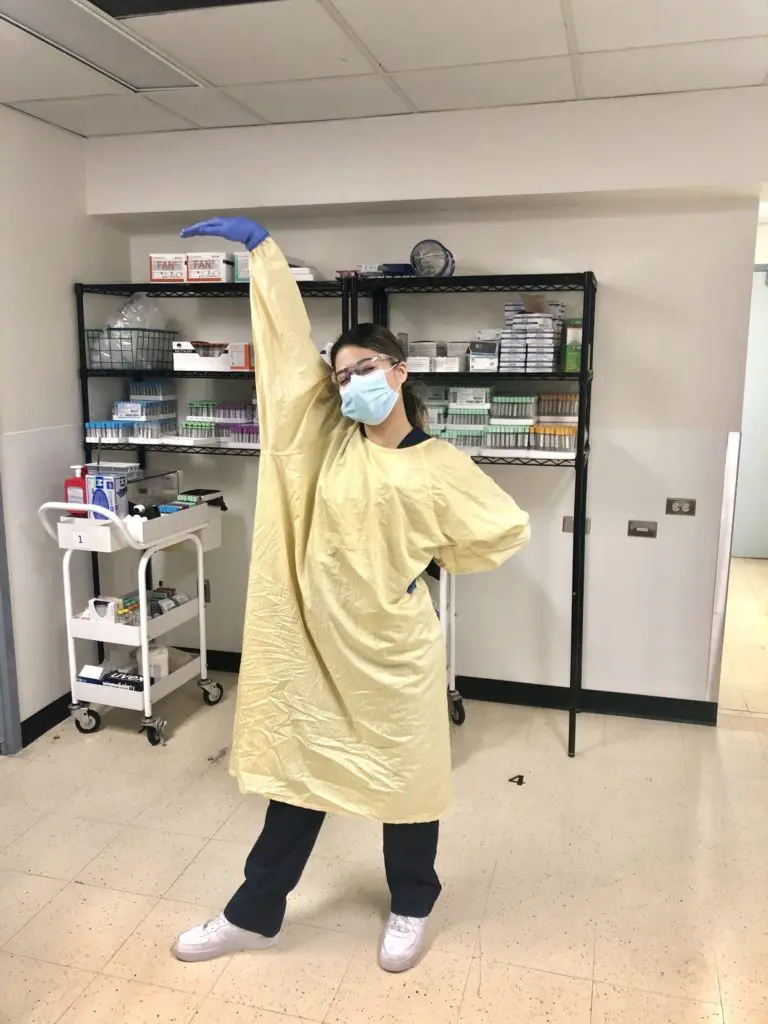Doctors use laboratory test results to make final decisions on the diagnosis and treatment of their patients. In fact, lab results influence about 70% of all clinical decisions. Laboratory testing can confirm a doctor’s suspicions, rule out other suspected causes of illness, check to make sure that a treatment is working properly, and even screen a patient for treatable conditions. Tests conducted in the lab measure everything from a patient’s red blood cell count to whether or not they have a bacterial infection, and can covey a lot of information about a patient’s condition.
It’s no surprise then that errors in the lab can have a huge impact on patient care. Mistakes in these test results are responsible for approximately 93% of diagnostic errors.
Read on to find out how Medical Lab Assistants implement proper procedures at the Pre-Analytical stage, and how those procedures help patients get the care and treatment they need.

Common Pre-Analytical Errors in the Laboratory
A professional with Medical Laboratory Assistant training knows that the pre-analytical phase – when a specimen is collected, transported, and processed – is a crucial part of the lab testing process. Over 40% of lab errors happen during the pre-analytical stage, while a mere 7% occur during the actual testing. These errors result in added medical costs when tests have to be re-issued, and can sometimes lead to patient misdiagnosis and in extreme cases they can be the cause of serious patient illness. Pre-analytical errors can occur at any point during the specimen collection process. Here are the types of errors which most commonly occur:
- Before specimen collection: Patient is misidentified, specimen tubes are incorrectly labeled or aren’t labeled at all, patient did not follow proper procedures before test (such as fasting).
- During specimen collection: Tourniquet not applied properly, insufficient amount of specimen collected, blood samples collected in the wrong order.
- Transport and Processing: Specimens did not make it to the lab in time, specimens were not stored at the proper temperature.
The Benefits of Proper Pre-Analytical Procedures for Lab Workers
Medical lab assistant courses teach graduates how to sort, prepare, and collect specimens for lab testing.
These medical lab assistants are up-to-date on the best practices in the field, and know how to:
- Use new technology to properly label specimen collection tubes
- Properly identify patients before specimen collection
- Properly sterilize the blood collection site
- Use proper venipuncture procedures
- Ensure that specimens are transported safely
When a dedicated staff member takes care of pre-analytical procedures, the amount of errors that happen during the pre-analytical phase drops dramatically. One study found that having dedicated laboratory technologists in emergency departments reduced blood culture contamination rates by 78% (lowered from 5% to 1.1%).
Are you interested in pursuing a career as a Medical Laboratory Assistant? Find out how you can start your Medical Lab Assistant training in BC today.











